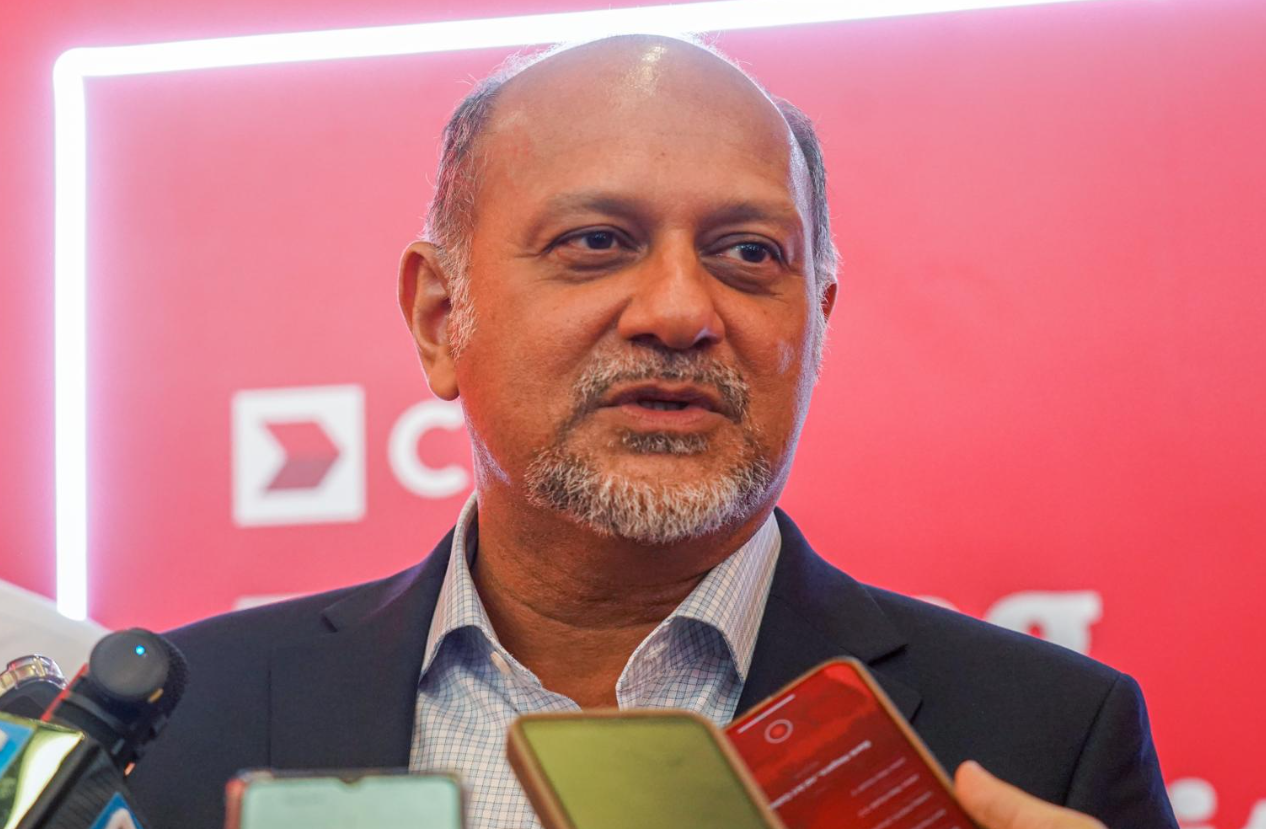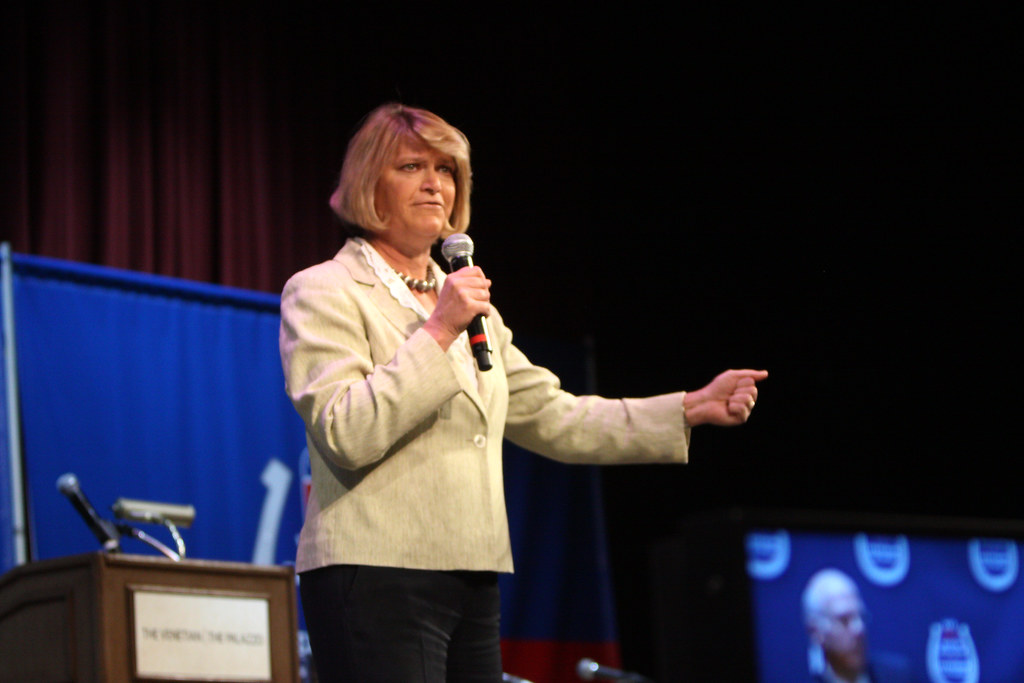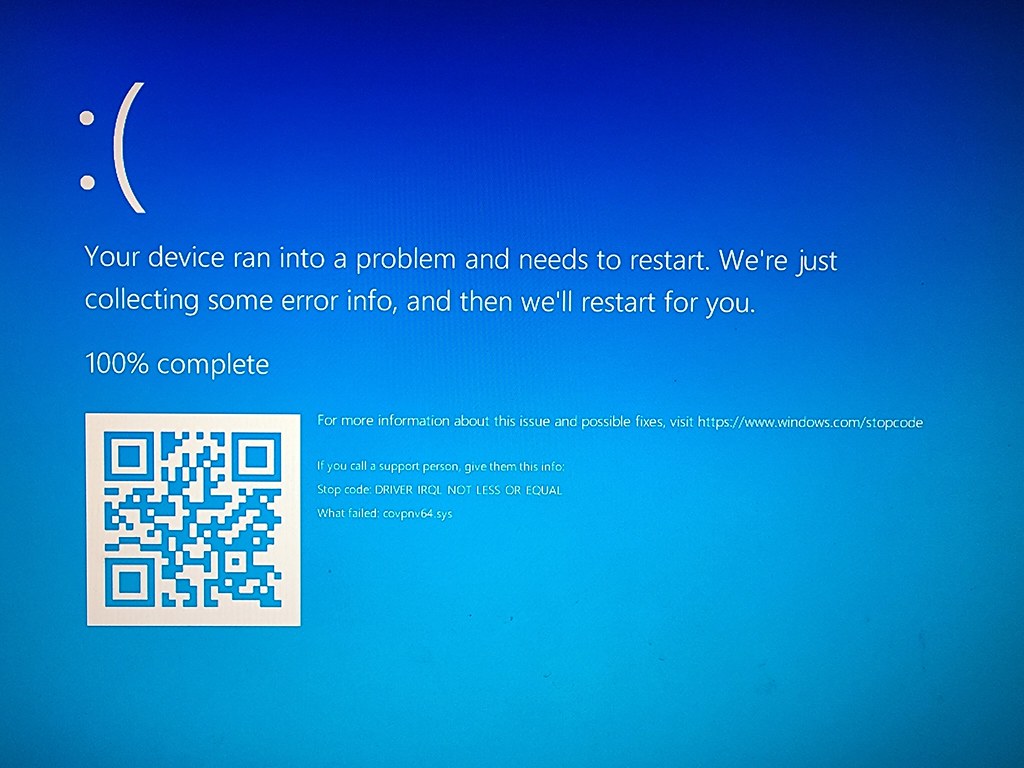A political action committee (PAC), heavily funded by cryptocurrency industry donors, including Ripple, has deployed significant financial resources to bolster Republican John Deaton’s primary campaign in Massachusetts. This move underscores the growing influence and strategic interests of the crypto community in U.S. electoral politics.
The Commonwealth Unity Fund Super PAC, a key supporter of Deaton, reported substantial expenditures aimed at strengthening his campaign against Democratic incumbent Senator Elizabeth Warren. Records from the Federal Election Commission (FEC) detail that the PAC spent approximately $450,000 on direct mail and over $500,000 on media buys in early August, following a $300,000 media placement in July.
Expenditure Breakdown:
- Direct Mail (Aug. 7): $450,000
- Media Buy (Aug. 6): $500,000
- Media Placement (July): $300,000
These strategic investments are part of a broader effort to unseat Senator Warren, who has been a critical voice against unregulated crypto market activities.
Crypto Industry’s Role in the Campaign
John Deaton’s campaign has attracted notable contributions from major figures in the cryptocurrency sector. In July, Ripple announced a donation of $1 million to the Commonwealth Unity Fund to support Deaton’s Senate run. Additionally, Gemini co-founders Cameron and Tyler Winklevoss contributed the maximum individual donation directly to Deaton’s campaign, with further promises of financial support potentially channeled through supportive PACs.
Notable Crypto Contributions:
- Ripple: $1 million to Commonwealth Unity Fund
- Winklevoss Twins: $6,600 direct contribution, with an additional $1 million pledged
As of the end of July, Deaton’s campaign reported raising approximately $1.7 million, with about $1 million in cash on hand. In contrast, Senator Warren had amassed about $6.4 million with $4.9 million available.
Electoral Context and Crypto Industry Support
The Massachusetts primary, scheduled for September 3, represents a significant battleground where crypto-backed financial power is being tested. Deaton, a lawyer known for his legal support to crypto firms in their battles with the SEC, has positioned himself as a pro-crypto candidate, potentially aligning his platform with the interests of the digital asset community.
However, support within the crypto industry is not unanimous. Wyoming Senator Cynthia Lummis, a noted proponent of Bitcoin and digital assets, endorsed Republican Ian Cain over Deaton, citing Cain’s deeper understanding of the digital economy and his innovative approach.
Despite the financial and strategic backing, Deaton faces a challenging race, with polls as of June showing Senator Warren leading by at least 20 points against both Cain and Deaton. Warren’s strong position is further solidified as she runs unopposed in the Democratic primary, focusing her resources on the general election.
The substantial investment by the Commonwealth Unity Fund Super PAC in John Deaton’s campaign highlights the strategic role of cryptocurrency interests in American politics. As the Massachusetts primary approaches, the effectiveness of this financial backing against a well-established incumbent like Senator Warren will be a key measure of the crypto industry’s influence in political spheres.











